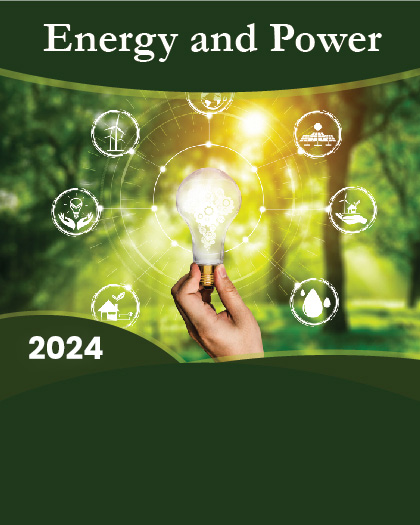
Smart meters are next generation meters for both gas and electricity. They are a replacement for standard meters that use technology created decades ago and require households to track their own readings and submit them to suppliers if they want accurate bills. The global smart meters market is expected to grow at ~9.55% CAGR during the forecast and reach USD 29583.1 million by 2023. The smart meters market is expected to grow at a rapid pace, primarily, due to government roll-outs, and implementations of mandates & policies, in developed economies. Advantages of smart meters such as accurate billing, enhanced customer experience, and improved customer service are expected to be the driving factors for smart meters market in developing countries.
The smart meters market, on the basis of technology, has been segmented as automatic meter reading and advanced metering infrastructure. The objective of an AMI is to provide utility companies with real time data about the power usage and enable the end users to make well informed decisions regarding their energy consumption. AMR on the other hand is basically a technology that automatically collects consumption, diagnostic and status data from smart meters. The data is transferred to a central operating database for analyzing.
On the basis of type, the smart meters market has been segmented as electric meters, gas meters, and water meters. Electric meters accounted for the largest market share of 55.4% in 2016, with a market value of USD 8,715.2 million and is projected to grow at the highest CAGR of 9.56% during the forecast period. Based on applications, residential accounted for the largest market share of 60.7% in 2016, with a market value of USD 9,550.4 million and is projected to grow at the highest CAGR of 9.81% during the forecast period. Rising electricity prices with growing demand of residential energy consumption, have a positive influence on the market.
























